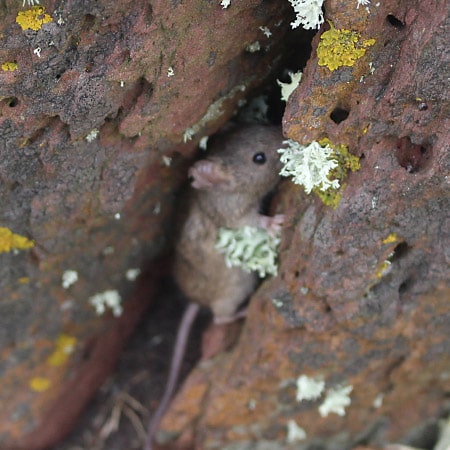
Phenotypic effects of the microbiome
Microbiome variation is frequently said to have critical effects on host fitness. While it is clear that having some microbiome (rather than none) is clearly important for host health, and that changes in microbiome composition can affect health-related traits in laboratory animals, it remains unknown whether the kind of natural microbiome variation we see among members of free-living populations, has ultimate impacts on their fitness. Along with understanding sources of variation in the microbiome (including host genetics), addressing this key question is critical if we are to understand how natural selection may shape the host-microbiome relationship. As part of a new project using wild house mice as a model system, we will use a combination of observational analyses and gnotobiotic experiments to examine how microbiome variation within a population affects host phenotypes relevant to fitness, and fitness components themselves (survival and reproduction).

A cliff-dwelling house mouse on the island of Skokholm